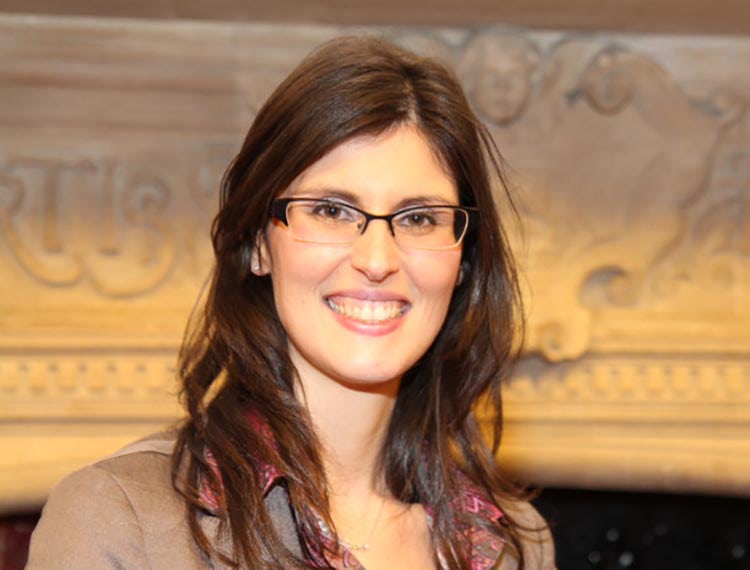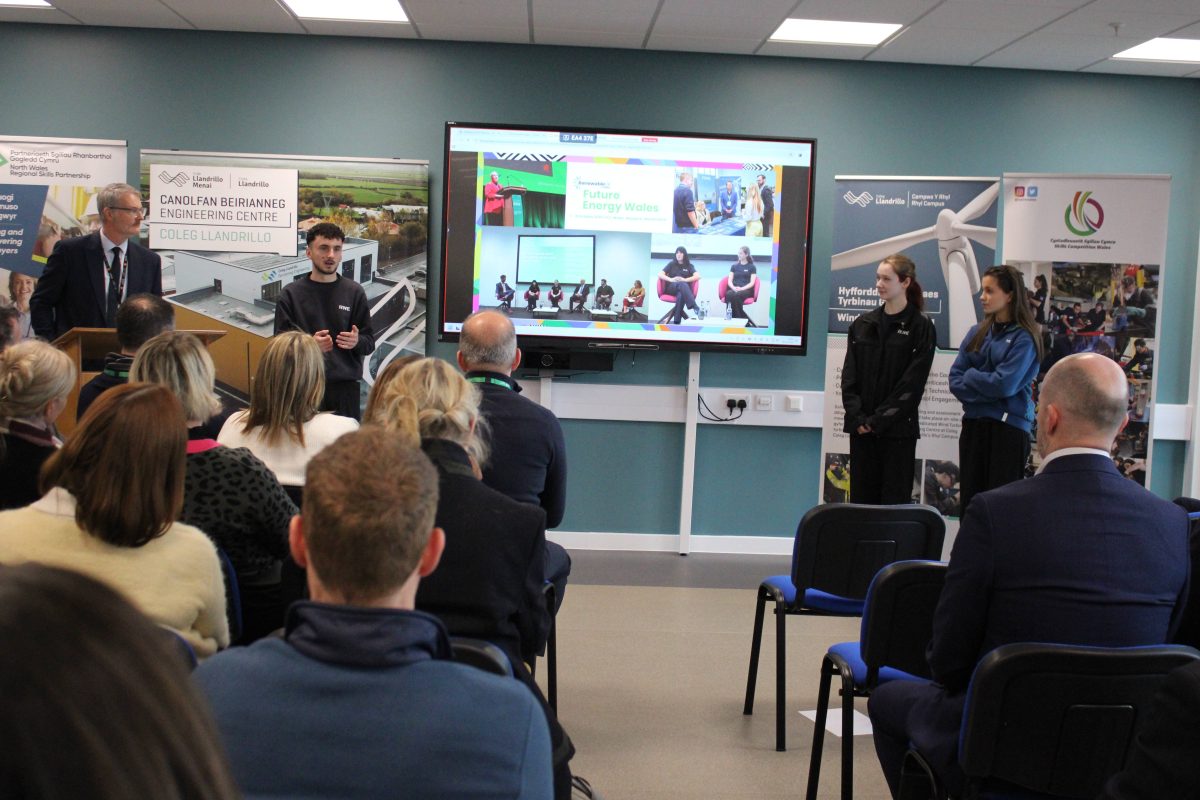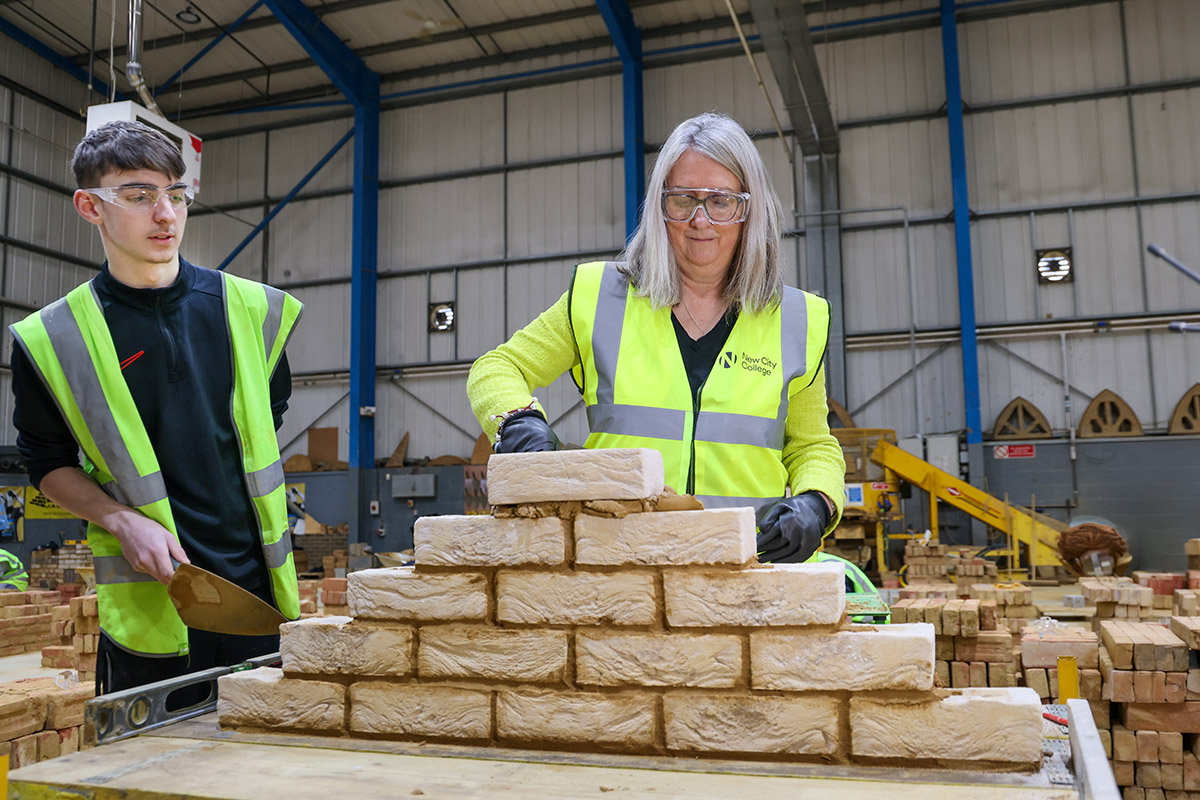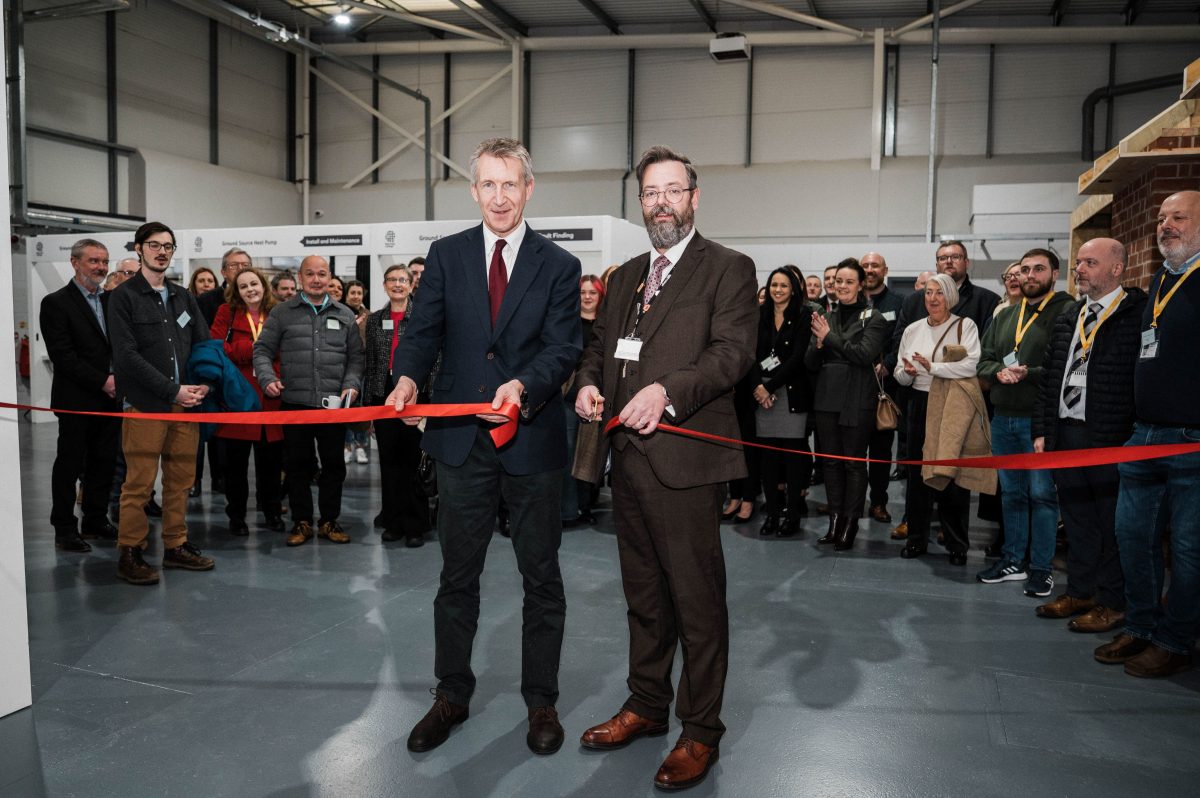Invest in school & music clubs to close disadvantage gap

Social Mobility Commission’s report on extra-curricular activities.
Today (19 Jul), the Social Mobility Commission and the University of Bath have published new research revealing that young people from low-income families participate in fewer after-school activities, particularly music and sport, compared to their wealthier classmates.
Children from the poorest backgrounds are three times more likely not to take part in any extra-curricular activity at all compared to the richest families.
The cost and availability of activities, cuts to youth services and a lack of confidence among disadvantaged young people were all cited as contributing factors.
Responding to the report, Liberal Democrat education spokesperson Layla Moran MP said:
“The wellbeing of children must be at the core of Government policy-making. Extra-curricular activities provide a huge boost to a child’s academic performance, make them less likely to skip school and help them to develop a wide range of social skills.
“Yet Conservative cuts to schools and youth services mean that these opportunities are no longer available to every child. And as the EBacc and SATs encourage schools to narrow the curriculum, sport and the creative arts are squeezed out of some children’s lives altogether.
“Every child should have the chance to join a sports team, music class or dance club. Liberal Democrats will be calling on the Government to support local councils to subsidise and widen access to after-school clubs and other activities for children receiving free school meals. No child should lose out because their parents can’t afford to pay.”
 Education Secretary Damian Hinds said:
Education Secretary Damian Hinds said:
“We all know that taking up a hobby, getting outdoors or volunteering your time to a good cause can give us a different set of skills to the ones we learn in the classroom. Today’s research from the Social Mobility Commission backs that up – and shows us where the barriers exist that prevent young people from participating in these kinds of character-building extra-curricular activities.
“The recently announced School Sport and Activity Action Plan includes additional support for schools to open up their facilities over the holidays and after hours to encourage every child to find a sport they love and our music ‘hubs’ support thousands of children can learn to play instruments, but there is more to do. We want to make sure that there is true equality of opportunity to access extra curricula activities so that every young person can develop the self-belief that they can do amazing things. Whether it’s through playing a sport, learning a musical instrument, or joining a club or the scouts or guides, these opportunities help to build the confidence and resilience we all want our children to have.
“Confidence comes from taking chances and seeing things work out; and it also comes from trying to do something – a project, an activity – until you get it right; it comes from learning ways to cope with whatever the task in hand is and it calls for bravery, gumption, maybe even a stubborn determination to succeed. The more opportunities we make available to young people, the more chance they have of becoming well-rounded adults who can take on life’s challenges with confidence.”











Responses